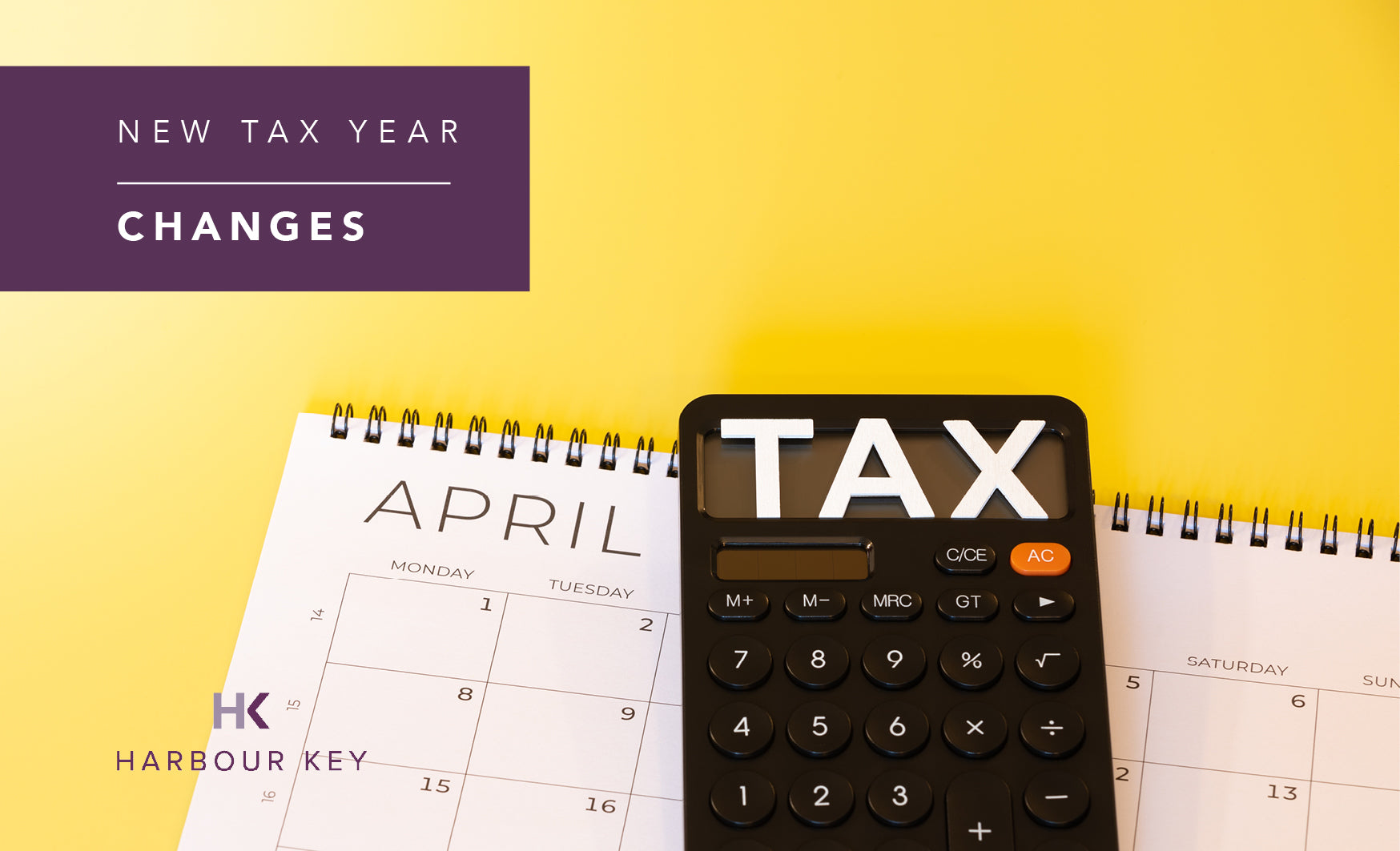
The Conservative Party have voted to elect Liz Truss as their new leader, who also becomes the Prime Minister.
The new PM enters office to a backdrop of the most severe economic conditions in a generation, with immediate actions needed to offer the much-needed support for working families and businesses. Getting straight into the job, a new ‘Energy Price Guarantee’ was announced, which should mean a typical UK household will pay up to an average £2,500 a year on their energy bill for the next two years. A scheme for businesses, schools, hospitals, other public organisations, and charities will offer equivalent support by way of a cap, but currently this will last for six months only. 'Vulnerable' industries, including pubs and hospitality, could receive longer-term support that will be set out later, with a review in three months from which it will be decided which sectors should receive ongoing help. If you missed the detail of the announcement, it was issued on the same day as the Queen passed away, the detail can be found HERE.
On the appointment of Kwasi Kwarteng as The Chancellor, there is to be what is being called a “fiscal event” before the end of the month (we are not sure if this is the same as an emergency budget!) to set out UK Government funding for a set of major interventions. Politics as normal has been largely put on hold during the 10-day period of mourning for the Queen, which lasts until her funeral, but although no date has been set, the Government have confirmed the fiscal event will be before the end of September.
Whether any announcements about tax will be made in the fiscal event, or whether this will be later in the year, via an Autumn Budget, we will need to wait and see. However, Liz Truss campaigned on promises of tax cuts, so what possibly can we expect looking at the campaign, debates, questions answered etc.
National Insurance/Health and Social Care Levy
A strong message, even to the extent that it would aid households coping with high energy costs, is to reverse the 1.25% National Insurance increase, offering a universal tax cut for workers and those in receipt of dividend income if enacted. Someone earning £50,000 would be £468 per annum better-off if the National Insurance increase is now cancelled. Higher earners will benefit more, with someone earning £180,000 enjoying a tax cut worth over £2,000 per annum.
The question is, will the reversal apply to all taxpayers or just basic rate taxpayers (anyone earning less than £50,271)? Will it apply to both earned income (employed & self-employed) and dividend income, or earned income only?
There are no clues if employers will benefit from any reversal, with employer’s National Insurance now standing at 15.05%.
If, per Liz Truss’s promise that she wants to cut taxes "from day one," the reversal of the 1.25% increase is an easy win, but reversing part way through the tax year is administratively complex – it would also mean three different National Insurance regimes applying this tax year.
Household tax break/increasing the marriage allowance
Liz Truss offered to help households by increasing the marriage allowance to the level of the personal allowance – a tax break worth over £2,500 to a basic rate household. Labelled “household tax break” it has received very little attention, but it offers the most generous potential tax giveaway of any of her proposals, targeted at lower earning couples.
As it is not a high-profile measure, the tax break may not be introduced, or may be phased in over a number of years.
Income Tax
Rishi Sunak’s last act as Chancellor was to announce a tax cut reducing the basic rate of Income Tax to 19% in April 2024, worth £377 per annum. Liz Truss has suggested increasing the point at which someone pays higher rate tax. Sunak’s “stealth move” to freeze all the personal tax allowances at the 2021 Budget has had an even more severe effect with rising inflation, and there could be an interesting opportunity for Liz Truss to raise the threshold to support middle earners. Any changes to allowances and thresholds are likely to take effect from 6 April 2023.
(If you recall Boris did mention raising the point at which an individual pays higher rate tax to £80,000).
Green Levies/Fuel Duty/VAT
Liz Truss promised to cut fuel duty by more than the 5p per litre and introduce a temporary suspension of the Green Energy Levy, which would cut £153 from energy bills.
With fuel prices now dropping, the fuel duty cut may not happen, but rumours indicate reducing VAT by as much as 5% would be seen as a good move by the Conservative party.
Corporation Tax/Business
Liz Truss pledged early in her campaign to: “Keep Corporation Tax competitive so we can attract business and investment into Britain” – but she hasn't completely committed to cancelling the scheduled increase to Corporation Tax to 25% from April 2023, announced by Rishi Sunak. However, with the current position of the UK economy and likely recession, the corporation tax increase is unlikely to go ahead.
She has also proposed an overhaul of business rates but has not offered any specific details.
Inheritance Tax
Liz Truss answered a question in one of the debates stating that she would review Inheritance Tax if she became Prime Minister.
Reforms to capital taxes would require a detailed consultation, and Truss may not have enough time to do anything so dramatic with the next election scheduled for Spring 2024.
Although we expect the 1.25% national insurance increase to be abolished and likely cancellation of the proposed increase in corporation tax rate from 19% to 25% (for most companies), all other areas are difficult to predict.
We may get some answers from the fiscal event, however it is not clear if that statement is going to have any tax announcements, or some quick win announcements, with a future Autumn Budget – we will have to wait and see.



